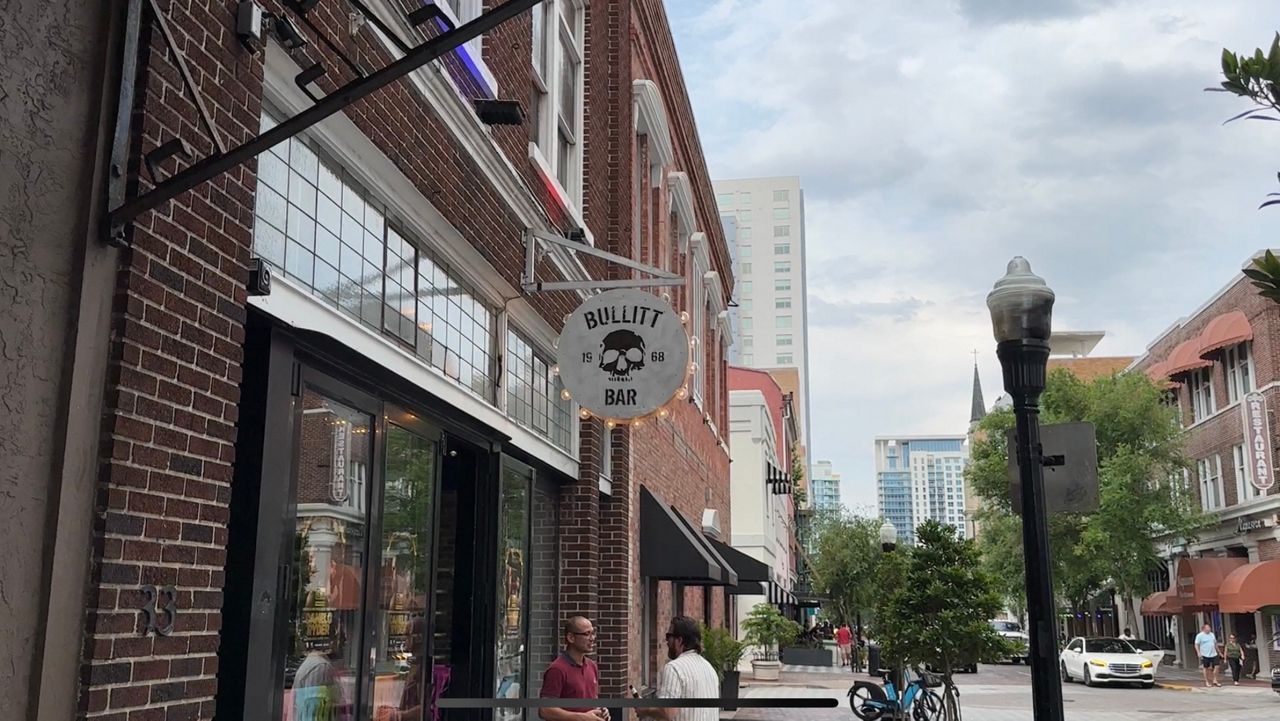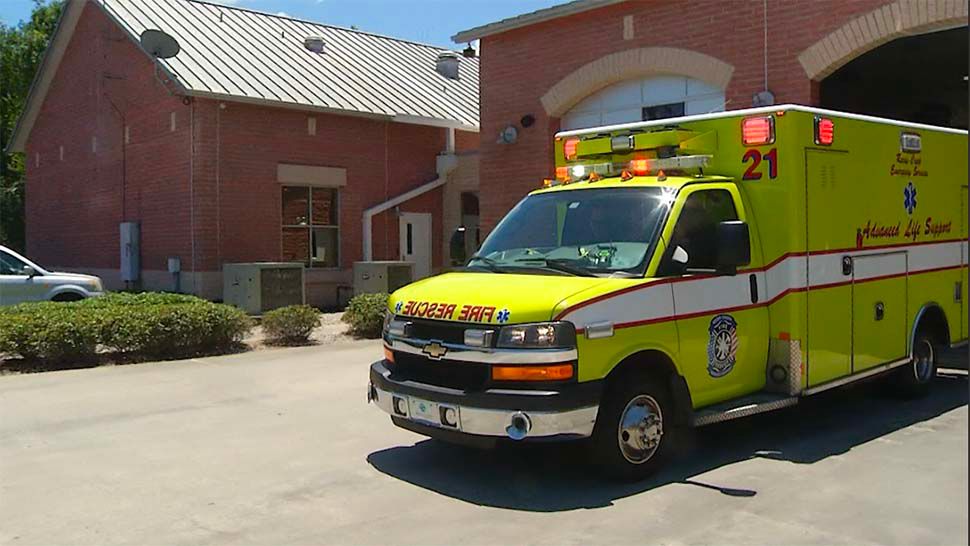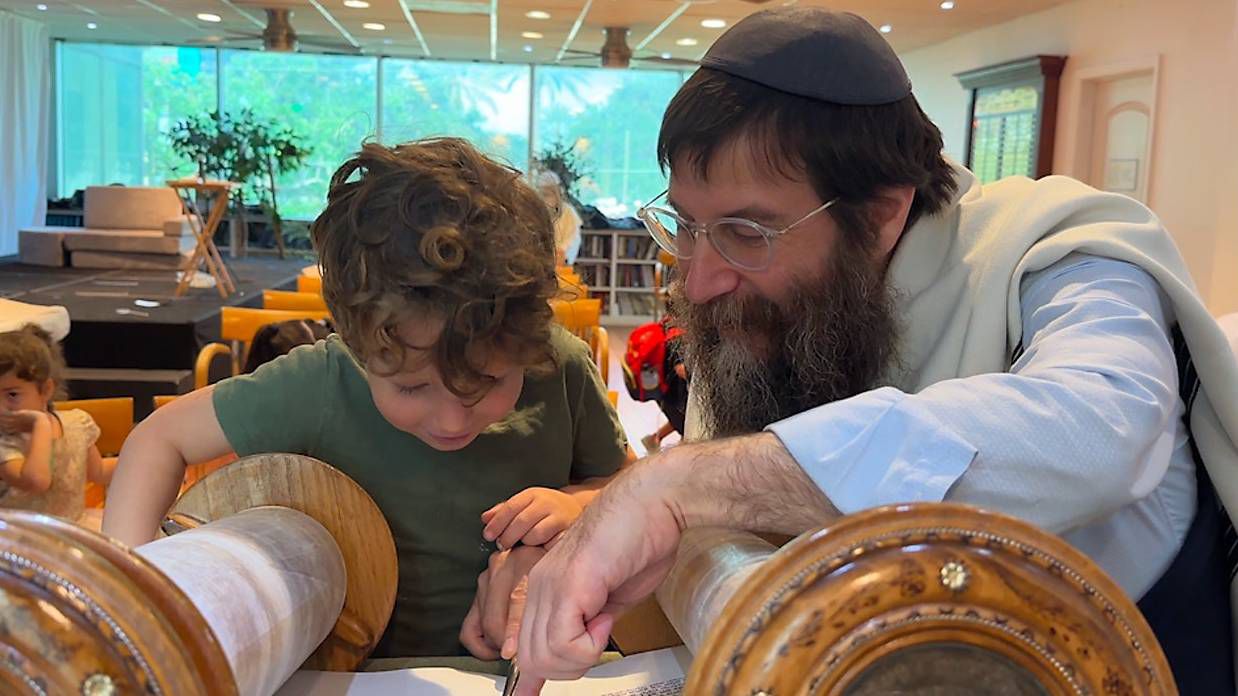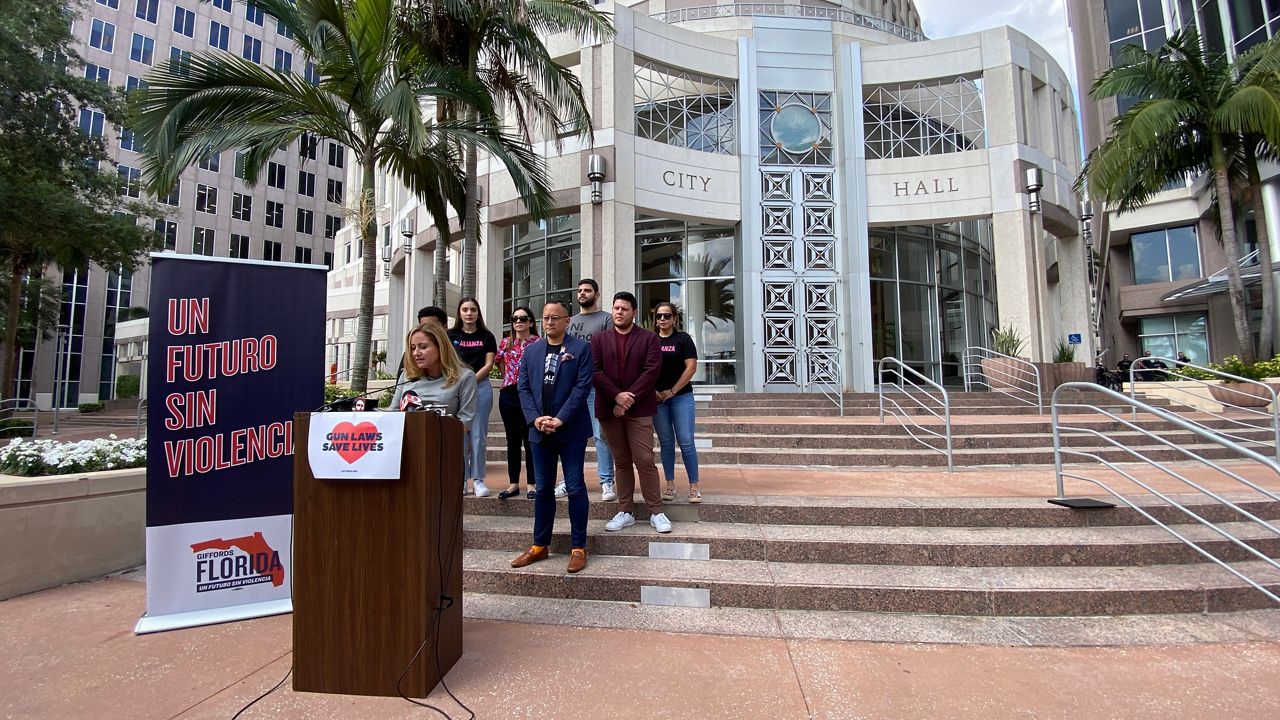ORLANDO, Fla. — State Attorney Monique Worrell is not backing down when it comes to a new policy, limiting the amount of non-arrest cases her office handles.
It’s part of an effort to clear a 13,000 case backlog in the Ninth Circuit.
Worrell is pushing back against Florida Attorney General James Uthmeier after he held a press conference Monday—saying that policy is soft on crime.
The state attorney general says they are sending six prosecutors to help, saying limiting non-arrest cases is unacceptable.
Worrell says while she is going to accept the help, this is only a temporary fix—and she will not do away with the policy that she launched in April until a permanent solution is in place.
With this new policy in place, Uthmeier said last week Worrell’s office turned away 90 cases from the Orange County Sheriff’s Office, which he called unacceptable.
Orange County Sheriff John Mina said the new policy puts them in a difficult position and that they tried to meet with her to discuss it.
“Once the policy was implemented, we asked her to pause on the policy so we can try and get together and address these concerns,” Mina said. “We’re in the process and trying to meet with her again to talk about this, because law enforcement is stuck in the middle. If she’s not gonna accept the cases and the judges won’t review certain cases, then our victims are the ones left suffering in it.”
Worrell, on the other hand, says when it comes to these cases, deputies are required to provide a burden of proof so that her office can move forward—and gave examples of cases where that has not been possible, which then contributed to the backlog.
She said the backlog is not a problem unique to her term—and she wants to collaborate with law enforcement on this issue. She says she met with local leaders and discussed this policy before it went into effect, and never got any direct feedback.
“To say that we were not willing to collaborate or work with law enforcement with regards to the implementation of the policy is just simply false,” Worrell said. “And to have a press conference regarding a policy that came out of my office with law enforcement, without inviting me to the press conference, without having any discussions with me regarding the policy, is again putting politics before public safety.”
Worrell said her office will never refuse a case where probable cause has been established.
As far as the additional help she will be getting to deal with the current backlog—she says she will be meeting with the statewide prosecutor tomorrow to discuss how that will work.











